
Parenting Tips
Social Anxiety in Children – Causes, Signs – Help with Love
October 4, 2022
Related
Topics

Hey
-
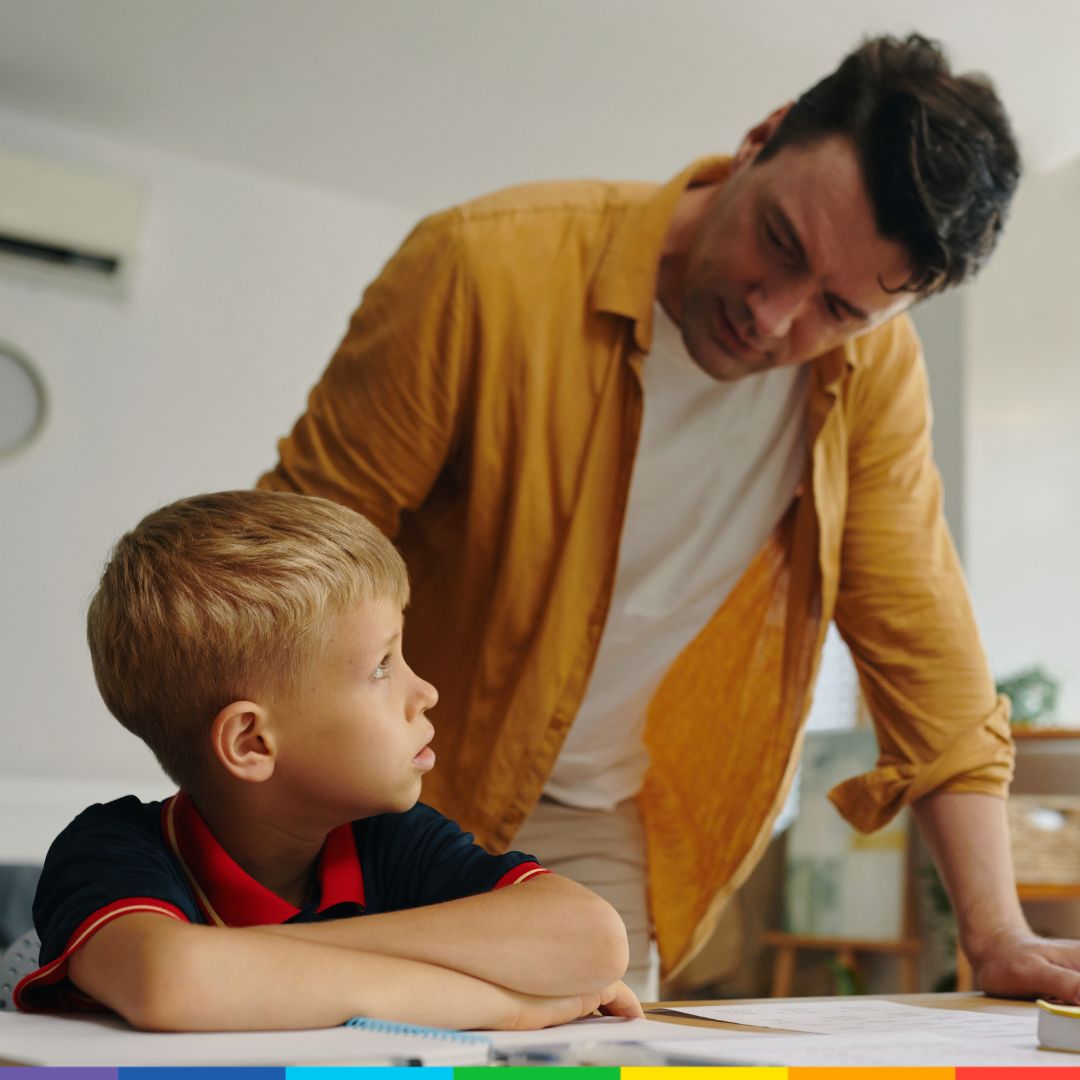
How to Teach Emotional Regulation to Kids (Aged 3–8)
January 15, 2026
-

5 Ways to Nurture SEL at Home (Fun Activities)
January 1, 2026
-
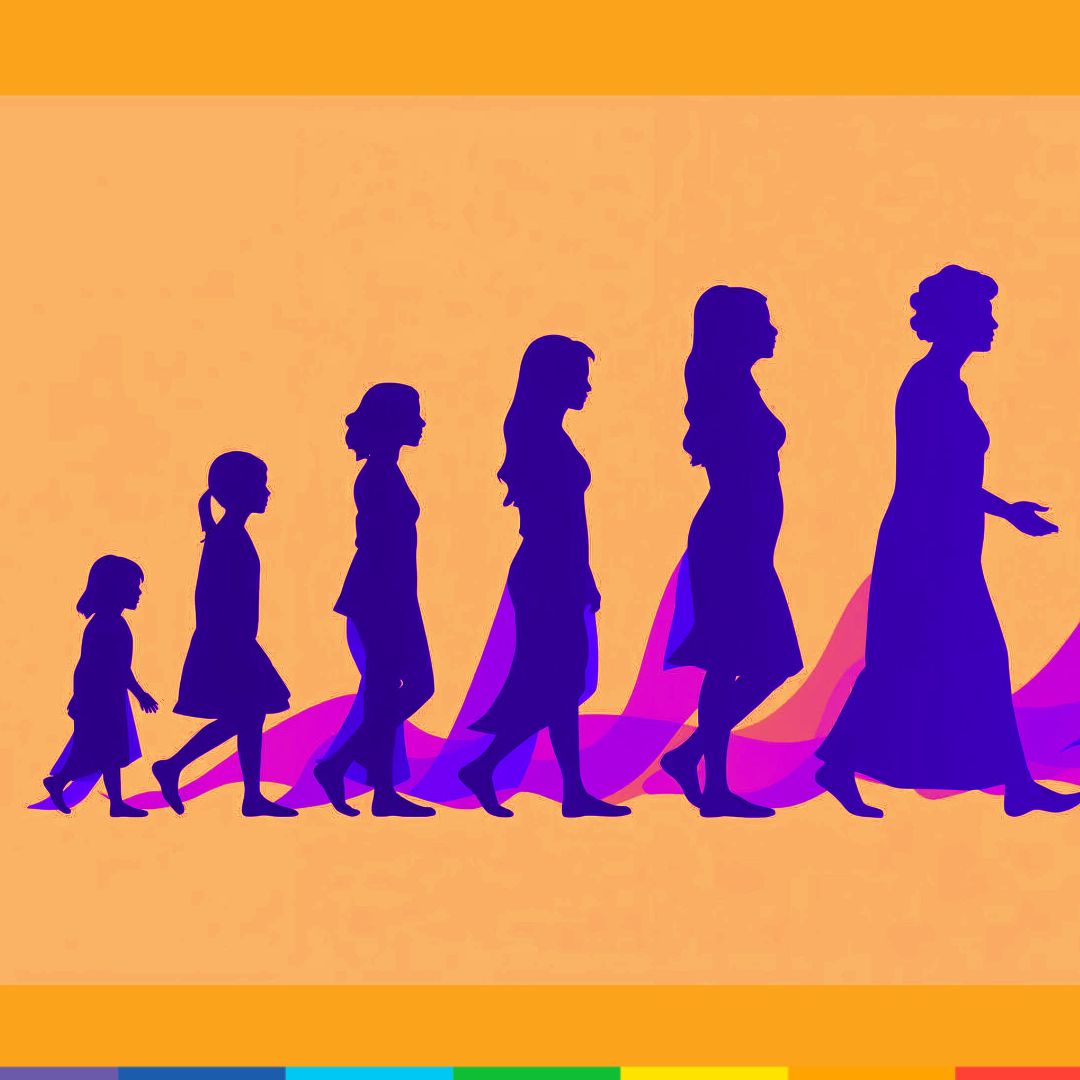
How Early Social Emotional Learning Help in Successful Life?
December 11, 2025
-
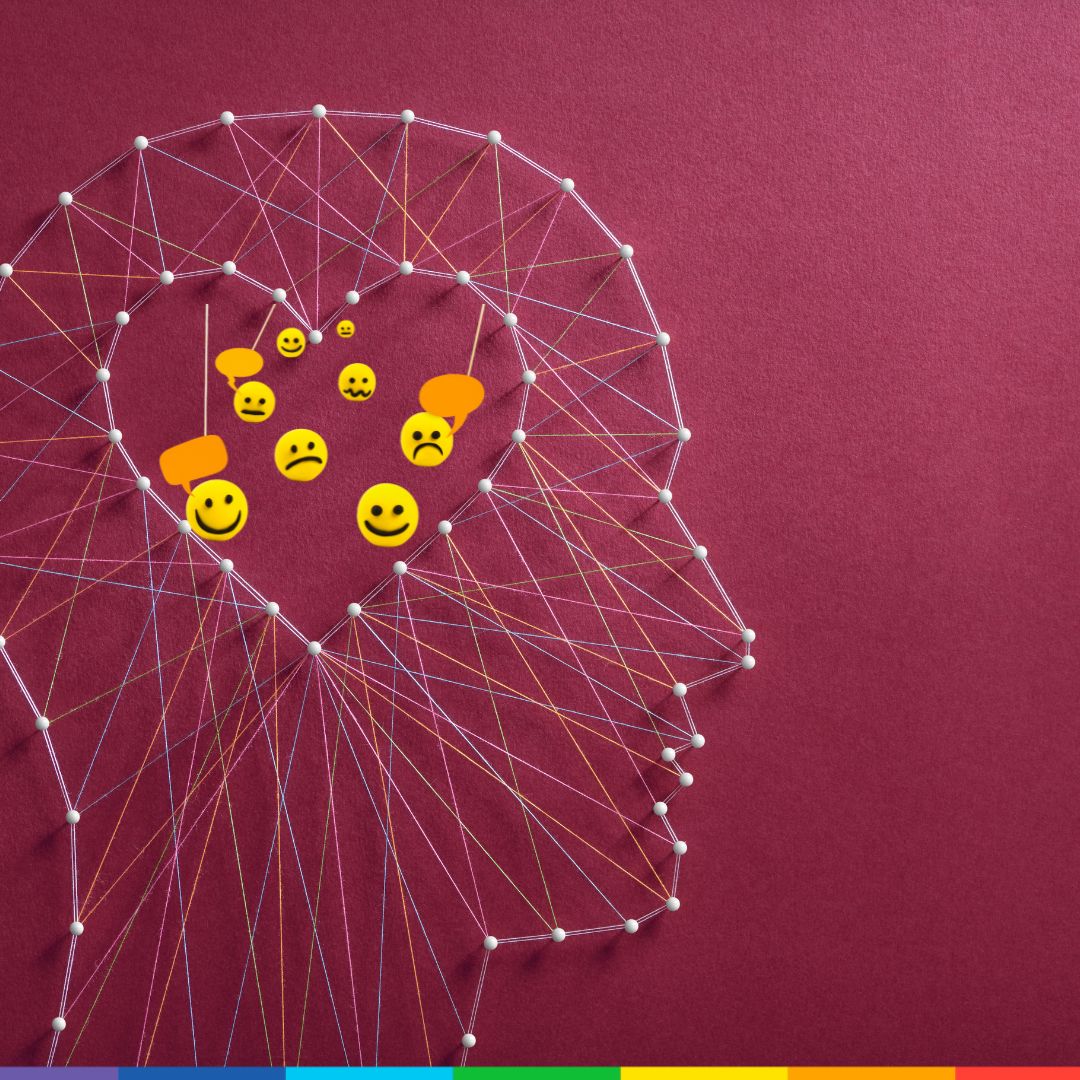
The 5 Social Emotional Learning Superpowers and Benefits
November 27, 2025
-
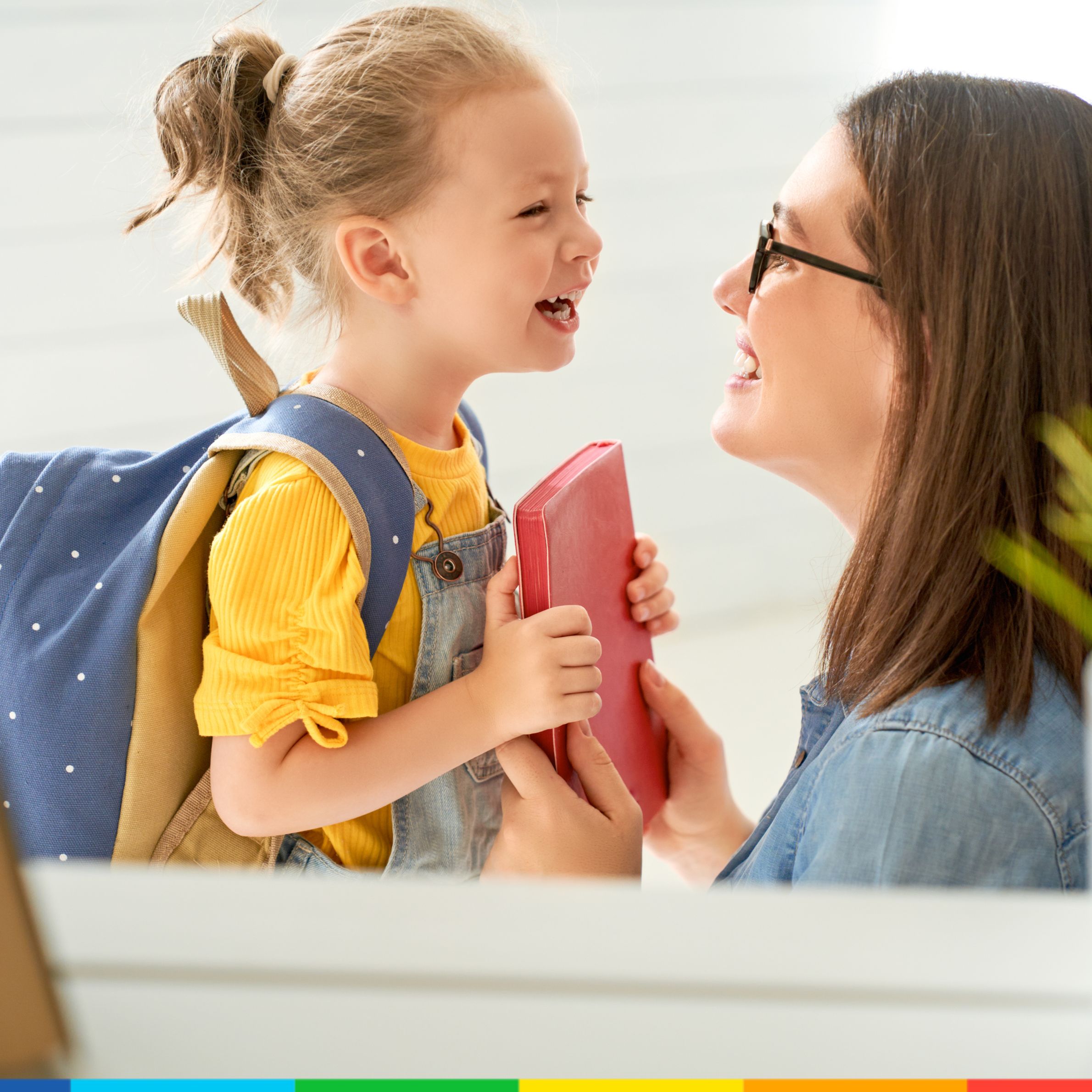
Back to School: How to Prepare for a Smooth First Day?
September 1, 2025
Ready for more?
Hey
Sign up for Rainbow Kiddies newsletters for more stories and updates
Social anxiety in children is often misunderstood for shyness, being introverted, etc. As parents, teachers or caretakers it is very important for us to understand the causes and to spot the signs and symptoms. Social anxiety in children could manifest as constant worry about performing, going to school, interacting with peers/ teachers, attending social events, being the center of attention, etc. We should try to help them through this phase with love and patience, rather than by punishing or scolding.
More on Social Anxiety in Children:
- Types of Anxiety in Children
- Causes of Anxiety in Children
- Symptoms of Social Anxiety/ Phobia
- Effects of Social Anxiety
- Professional Support
- Ways to Help – with Love and Patience
Types of Anxiety in Children
Firstly, anxiety is a completely natural reaction of the nervous system. It is characterized by physical or mental changes that help deal with certain situations. Just like grownups, kids of every age tend to worry and get anxious about several things.
- Toddlers might fear the dark, loud sounds, doctors or sleeping alone.
- Preschoolers might be scared of friends’, teachers’ or parents’ reactions in addition to the above-mentioned situations.
- Older children might fear ghosts, the possibility of someone causing harm to them, losing a loved one, in addition to disappointing their parents, teachers or friends.
- Teenagers are normally anxious about their safety, abuse, performances or presentations, self-image, self-esteem, future and sometimes even death.
A little bit of anxiety is in fact good. It helps us do better in certain situations, take better decisions, control our actions/ behavior, and so on.
Social anxiety normally starts to show up in later childhood or towards teenage. Having said that, it could be highly possible that it started taking shape much earlier, but no one ever took notice or tried to help.
Is Social Anxiety Same as Shyness?
Social anxiety often gets misunderstood for shyness. Let us try to understand the difference between them. Kids who are shy will be comfortable around their family or close friends. They might have trouble interacting with new people, but generally get comfortable after being around them for a while.
Social anxiety also gets misunderstood for being introverted sometimes. The difference here is that introverts might not really have any major issue with performing or interacting with new people.
Avoid labeling children as shy or reserved. Calling some children shy makes them feel that it is a flaw in them which cannot be corrected. It could even sow the seeds for social anxiety is some children. When other people make such comments raise the child’s confidence level by saying that the child is not actually shy, that they are comfortable around people they know well. If you feel that a child is shy, please go ahead and help the child socialize. Read ahead to know more about how to help.
Causes of Anxiety in Children

Social Experiences
“Once bitten twice shy” easily explains what the cause of social anxiety or phobia could be in most cases. It could be a social experience that went bad and was never fixed. For a kid who performed or was in a social situation, it could be the reaction from friends, teachers, parents, relatives, or anyone in the audience.
When children get a bad reaction there should be someone around to make them understand why they got it in the first place. It could simply be an unruly crowd sometimes. Or maybe the child could have fixed a portion of the performance or practiced better. In the latter case, they should be clearly told what has to be fixed. Also ensure that you help them practice better next time.
When no such discussion happens, there is a chance that the child might start to expect similar reactions every time they perform or are in a social situation. I have heard teachers and parents constantly taunt some children for their performance or social abilities. Instead, if they tell the child what could have been done better, it would help the child. It could also check the possibility of a child slipping into socially anxiety.
Bullying, moving houses, switching schools, all could worsen social anxiety in children if not handled properly. Even a pandemic like COVID could bring along difficult situations for children due to the lack of social interactions. Avenues to learn social behaviors got reduced largely during the pandemic. Virtual schooling and lack of social situations could have had a huge impact on many children and their learning abilities.
Family Environment
The socio-emotional level of some parents might be low. Some parents are overprotective, some are perfectionists. I have heard parents tease their own children in front of relatives or friends. Again, it does not help anyone, definitely not the child. Treat your child as an individual just like yourself. Will you like it if your boss teases you in front of the entire team? Definitely not. Then why would you expect your child to take it easy?
Some parents might have limited social interactions themselves. So, conditioning their child to be different might not be easy. Financial status and immigrant family background are some other major factors. Kids might feel inferior to their peers, or fear resentment, etc., depending on the environment they are in.
Early childhood trauma or having to keep family secrets could be other possible reasons. This is more so in the case of children having selective mutism.
Hereditary Causes
There is a high chance that children born to socially anxious parents might go through it too. It could also be that such parents unknowingly model their anxious behavior to their children.
Symptoms of Social Anxiety/ Phobia
As per psychologists and therapists occurrence of a couple of symptoms for a certain period of time (usually six months) could hint at social anxiety in a child. Some of these symptoms are:
- Intense discomfort and fear in social situations or about upcoming performances/ events due to fear of being judged.
- Being the center of attention feels overwhelming, makes them overly self-conscious and causes too much stress and anxiety. So, they avoid such situations altogether or get distressed in such situations.
- The fear of humiliation or judgement is out of proportion, and they have too many negative thoughts/ expectations.
- Excessive fear and anxiety hinder day-to-day activities and quality of life.
Physical and Behavioral Reactions
Physical signs could be blushing, getting red faced when extremely stressed out, shortness of breath, digestive issues, excessive sweating, dizziness, racing heart, feeling of having butterflies in the stomach, trembling hands/ legs/ voice, etc.
Behavioral signs could be:
- Avoid initiating conversations, talking on phone, ordering food, using public toilets, eating in restaurants, meeting new people, etc.
- Spending time alone during lunch, away from classmates or peers, not because of lack of interest as in introverts, but for the fear of interactions.
- Avoiding eye contact or mumbling, not talking at all (as in the case of selective mutism).
- Avoiding social events – throw tantrums or complain of health issues when it is time to head out for an event or to perform. Avoid entering a room when others are already seated.
- Always need company of a friend or family member.
- Discomfort at being the center of attention, even if they are fully prepared. This could be while speaking in public, reading aloud, facing the class, being called on in class, while talking to teachers, being watched while working/ writing, etc. They may avoid participating in sports events for the same reason. Such situations make them overly nervous.
- Taking tests could be sometimes overwhelming. Upcoming tests could even cause fever or digestive issues.
- Disagreeing with someone, resisting salespersons, returning wrong items at a store could be tough tasks to handle.
- Some children display selective mutism wherein they have the ability to speak, but become mute in uncomfortable situations (at school, at a party, etc.).
Effects of Social Anxiety
Such children are unable to enjoy social activities. Owing to their fear to perform or being the center of attention, they may have low achievement in school. This could be in terms of marks or affection of teachers and peers. They might miss out on a lot of fun and learning that happens through social interactions. There is a high chance that they might feel lonely, depressed, and sorry for not being able to engage in social activities. Some children wish to change but cannot muster enough courage. They might have very low self-esteem and self confidence.
Professional Support for Social Anxiety
Parents and teachers could be the first line for support. For this they must be aware of the signs and symptoms themselves. They should know how and when to help a child. They should be aware of the impact of their own responses and reactions. If parents and teachers have not been able to help much, the child should be taken to a professional counsellor, therapist or psychologist before life gets too tough for them. Some schools have counsellors who might be of great help to students in such situations.
In the case of selective mutism, it will be good to take the child to a speech language pathologist in addition to pediatrician and psychologist.
Ways to Help Children with Social Anxiety – with Love and Patience
Firstly, understand that these children do not need punishments or taunts, they need help and lot of love and patience.
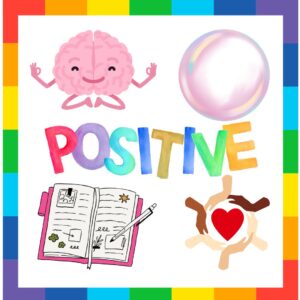
Replace Negative Thoughts with Positive Ones
Parents and/or teachers could talk to them and try to understand the cause of fear or discomfort in them. Try to understand what negative thoughts they have in such situations. Help them replace those thoughts and beliefs with positive ones. For instance, if they are thinking, “I will end up making a fool of myself.” You could help them replace it with, “People will not think I am stupid even if I screw up, they will understand that I am a bit nervous, and they will be interested in what I have to say rather than how I say it.”
Some common and helpful positive beliefs/ reaffirmations that you can help them with are:
- We are in control of our own actions and feelings.
- We need not be right always. It is alright to be wrong or even sound stupid at times. That is what helps or motivates us to keep learning. We grow only when we keep learning.
- Sometimes people or situations might be unfair, but it need not be so always. There are more good people than bad ones around us.
- Instead of fretting over the past, learn from it and move on.
- No one is equipped to understand other people’s thoughts or feelings. Do not assume what someone else might be thinking or feeling. Just give your best in whatever you do. If anyone has a problem they will tell you about it. Ask them to be specific. You can decide whether you want to work on it or not.
- Once you are well prepared to perform, expect good responses and reactions. If it does not go as expected, try to understand what went wrong and make necessary corrections. If it is not something that you can fix, just think it was a one-off situation and move on.
- Do not blame yourself for something that was not your fault.
- Avoid catastrophize by always expecting negative situations, responses, or reactions.
- Do not label yourself or others. Nobody needs them.
- When in a situation, do not just see the bad things, try to see the good side of it too.
- Do not discount your own positives or that of others.
- Do not overgeneralize by believing that if something went wrong once, it will always be so.
- Most importantly love yourself and others will love you too.
Professionals mostly use CBT (cognitive behavioral therapy) to handle such cases. It is all about helping the children replace their negative thoughts with positive ones.
Journaling
As caretakers or parents also, you might be able to help you child a little. Help your child keep a journal or diary to write down their thoughts. When they feel distressed, they can write about the situation, how they felt or thought, why they thought so, and what emotions were triggered by those thoughts. Lastly, help them replace their negative thoughts with positive ones. You could use any of the pointers mentioned above or come up with a positive thought/ belief yourself. After they do it with your help a couple of times, they should be able to do it on their own.
As for younger children who might not be able to write so much, talk to them and help replace their thoughts with positive ones.
Relaxation Techniques
You could also help children by teaching them relaxation techniques that involve deep breathing. Balloon breathing is one such technique where they can place their hands on their tummy and feel their stomach rise and fall as their breath deeply. Bubble breath is another one where they can imagine filling a bubble each time they breath. They can imagine the size of the bubble growing each time and breath deeper accordingly. Both these methods help relax silently and can be repeated until the child feels calm.
They can hug themselves tightly with their own arms when you are not around, and a hug might really help.
Besides, framing reaffirmations to increase their confidence is also highly effective. They can tell themselves that they are good, lovable, strong, and/or confident. They could place their hands over their heart while saying this to feel their heartbeat calm down.
Stay in the Present
Another technique which can be used to handle many types of anxiety is to stay in the present using your five senses. Ask them to identify five things they can see at the moment, four things that they can feel with their hands, three sounds that they can hear, two things that they can smell, and one thing that they can taste. This exercise normally helps people stay grounded, be in the present and helps gets rid of anxiety.
Challenge Negative Thoughts
Another thing you could do is help them challenge their thoughts. Are these thoughts helping you to achieve what you want? What is the worst that could happen? Is there any evidence to support your thoughts?… and so on. They can question their own thoughts once you teach them some of these ideas.
Most Importantly Help them Face the Fear/ Reason for Social Anxiety
Instead of telling children to avoid situations which cause anxiety, help them face their fears. You could even tag along a couple of times to let them know that you have their back. Once they face their fears, they will gradually start feeling more comfortable in such situations. Prepare them well for such situations and use any of the above methods to help them.
Help them Grow and Build Themselves
Send them for assertiveness training classes. Get them to volunteer with a small group where they will get to do something they like and interact with a few people. Help them improve communication skills, again assertiveness training might be good for this. It will help them expect positive responses, honor their own needs while respecting that of others, be empathetic and emotionally intelligent.
Lastly, always remember that the faster such children get help, the better. When prolonged such issues can affect their daily lives, studies, interests, and overall quality of life itself. Happy parenting!
Sign Up for your Free Parenting Guide: “10 Everyday Ways to Raise an Emotionally Strong Child”




